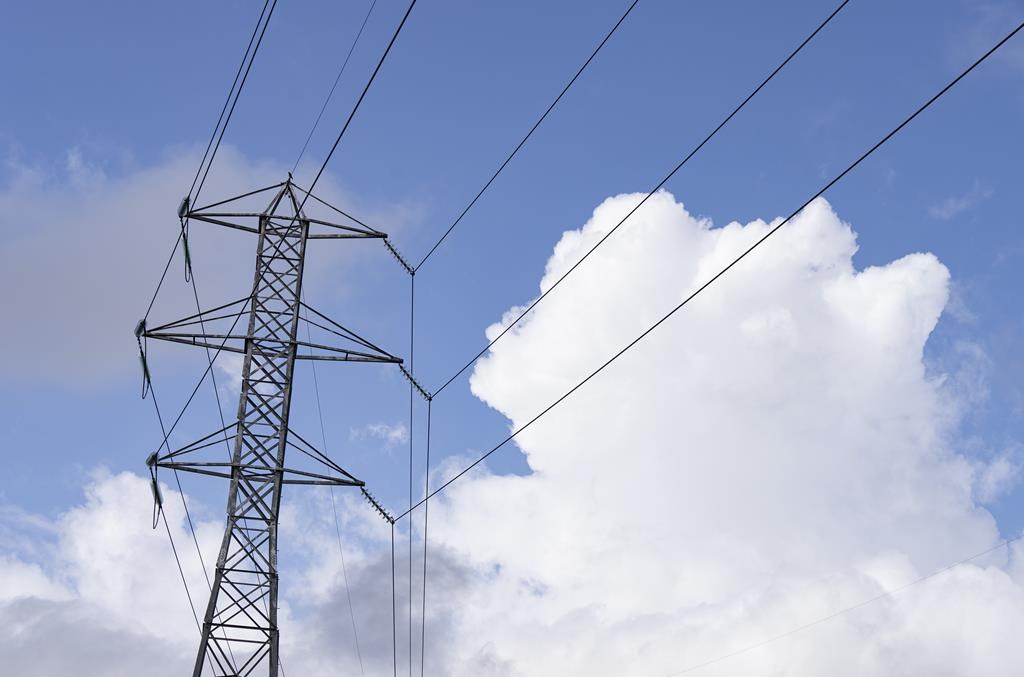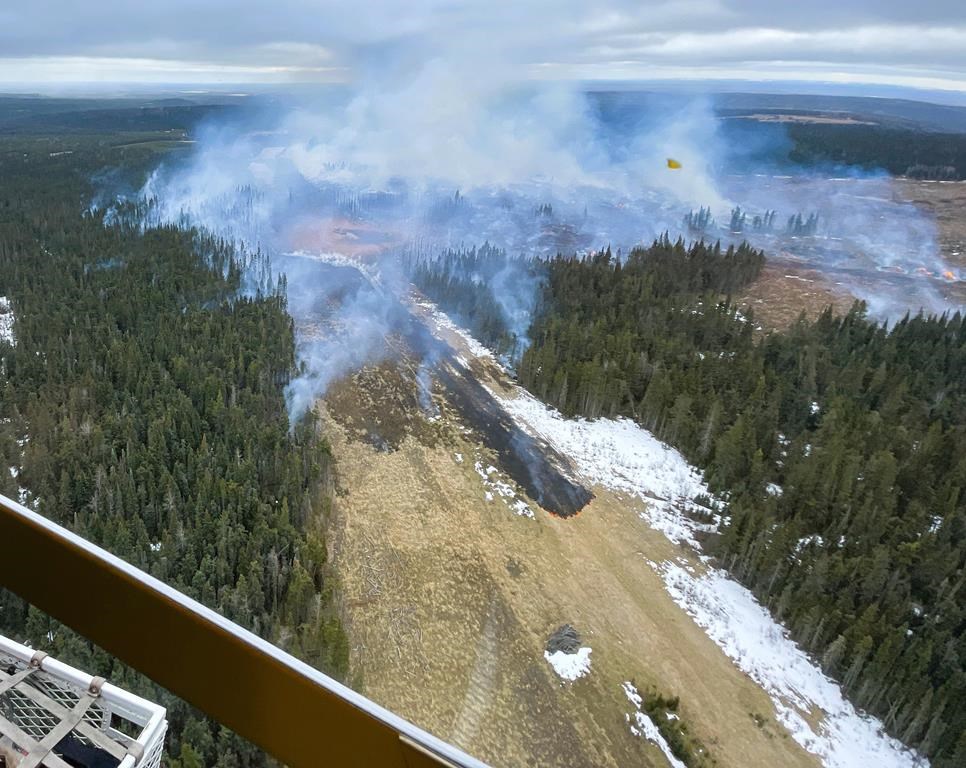UN threatens non-military sanctions against Sudan and South Sudan if they don’t halt violence
Posted May 2, 2012 4:34 pm.
This article is more than 5 years old.
In an attempt to avert a new war in Africa, the U.N. Security Council unanimously approved a resolution Wednesday threatening non-military sanctions against Sudan and South Sudan if they don’t halt escalating violence and return to negotiations.
The legally binding resolution endorses an African Union roadmap with strict timelines for concrete actions by both countries to get them to step back from the brink of major hostilities and resolve differences over their border and oil resources and revenues.
Addressing the council after the vote, South Sudan’s Minister of Cabinet Affairs Deng Alor stated his government’s “solemn commitment” to comply with the resolution.
But Sudan’s U.N. Ambassador Daffa-Alla Elhag Ali Osman expressed reservations, saying peace will only be achieved if South Sudan stops “all forms of support and sheltering of proxy and rebel armed groups” and “until that is given a priority in the negotiations, it will be extremely difficult to proceed on any other matter” covered by the resolution.
China, a major oil buyer from both countries, and Russia traditionally oppose sanctions but voted in favour of the U.S.-drafted resolution after a minor change to the text — a reflection of growing international alarm at the crisis.
Russia’s U.N. Ambassador Vitaly Churkin said he supported the resolution “given the need for a swift overcoming of the dangerous phase in relations between Sudan and South Sudan.”
But Churkin stressed that Russia considers sanctions “an extreme measure” and underscored “that the arsenal of political and diplomatic instruments for normalizing the situation has nowhere been exhausted,”
China’s U.N. Ambassador Li Baodong said Beijing is “always very cautious about the use or threat of sanctions” but supported the resolution, taking into account the AU’s call for Security Council endorsement of the roadmap and noting that his government is “deeply worried” about the deterioration in relations between Sudan and South Sudan.
Li stressed that international community should “refrain from interfering in the mediation efforts of the African Union and other regional organizations,” a view echoed by Sudan’s U.N. ambassador.
“China has all along maintained that the international community should take an objective, impartial and balanced position on Sudan and South Sudan,” Li said.
The resolution condemns repeated cross-border violence between the two sides, including troop movements, the South’s seizure of the oil-rich town of Heglig, support to proxy forces by both countries, and Sudan’s aerial bombings in the South. There has been talk in both countries of trying to get rid of the other’s leaders and the resolution also condemns “actions by any armed group aimed at the forced overthrow of the government of either Sudan or South Sudan.”
Churkin called for “appropriate compensation” for the damage to oil facilities in Heglig — internationally recognized to be in Sudan — caused during South Sudan’s seizure.
South Sudan won independence from Sudan last year as part of a 2005 peace treaty that ended decades of war that killed 2 million people. But the neighbouring countries have been drawing closer to all-out war in recent weeks over the unresolved issues of oil revenues and their disputed border.
U.S. Ambassador Susan Rice said the conflict “is on the verge of becoming a full-scale and sustained war,” and warned that “both countries are on the brink of returning to the horrors of the past and taking the entire region with them.”
She welcomed the council’s “strong and unanimous” support for the AU’s roadmap for peace, saying “this is ultimately the only way that further conflict can be avoided,” and she urged both countries to immediately stop the violence.
The Security Council approved nonbinding presidential statements in March and April with support from all 15 members expressing increasing alarm at the escalating conflict between the neighbouring countries.
But the resolution adopted Wednesday is legally binding and goes further, declaring that “the prevailing situation along the border between Sudan and South Sudan constitutes a serious threat to international peace and security.”
Acting under Chapter 7 of the U.N. Charter, which deals with such threats, it orders Sudan and South Sudan to immediately stop all hostilities including aerial bombings within 48 hours of the adoption of the resolution. Both countries then have to “unconditionally withdraw” all forces to their side of the border, stop harbouring rebel groups, and resume negotiations under the AU within two weeks — by May 16.
The resolution calls for negotiations to be concluded within three months — by Aug. 2 — on critical issues including arrangements on oil and payments, the status of nationals living in the other country, resolution of disputed border areas, demarcation of the border, and agreement on the final status of oil-rich Abyei, an outstanding issue from the 2005 peace agreement.
If these negotiations fail to achieve agreement on any issues within three months, the resolution asks U.N. Secretary-General Ban Ki-moon, in consultation with the AU, to make detailed proposals on all outstanding issues within the following month.
The Security Council expressed its intention “to take appropriate additional measures” under Article 41 of the Charter, which authorizes non-military sanctions such as asset freezes and travel bans, if Sudan or South Sudan fail to comply with the AU roadmap and the resolution’s provisions. Russia and China added in that the “additional measures” would be taken “as necessary.”
South Sudan’s Alor said his government is “already committed to a cessation of hostilities and resumption of negotiations.”
Sudan’s Osman complained that the resolution does not have a time frame for halting support to rebel groups. He also objected to the Security Council’s threat of sanctions, saying this was not part of the AU roadmap.
The resolution also addresses the conflict in Sudan’s South Kordofan and Blue Nile provinces, where the government is battling the Sudan People’s Liberation Movement-North, which was part of the guerrilla movement in the south during the civil war. The SPLM became the ruling party in South Sudan after independence and claims it is not supporting the movement in the north.
The Security Council ordered the Sudanese government and the SPLM-North to co-operate with the AU and the East African regional bloc IGAD to reach a negotiated settlement on political and security arrangements in the two provinces.
___
Associated Press Writer Eileen Alt Powell contributed to this report from the United Nations










